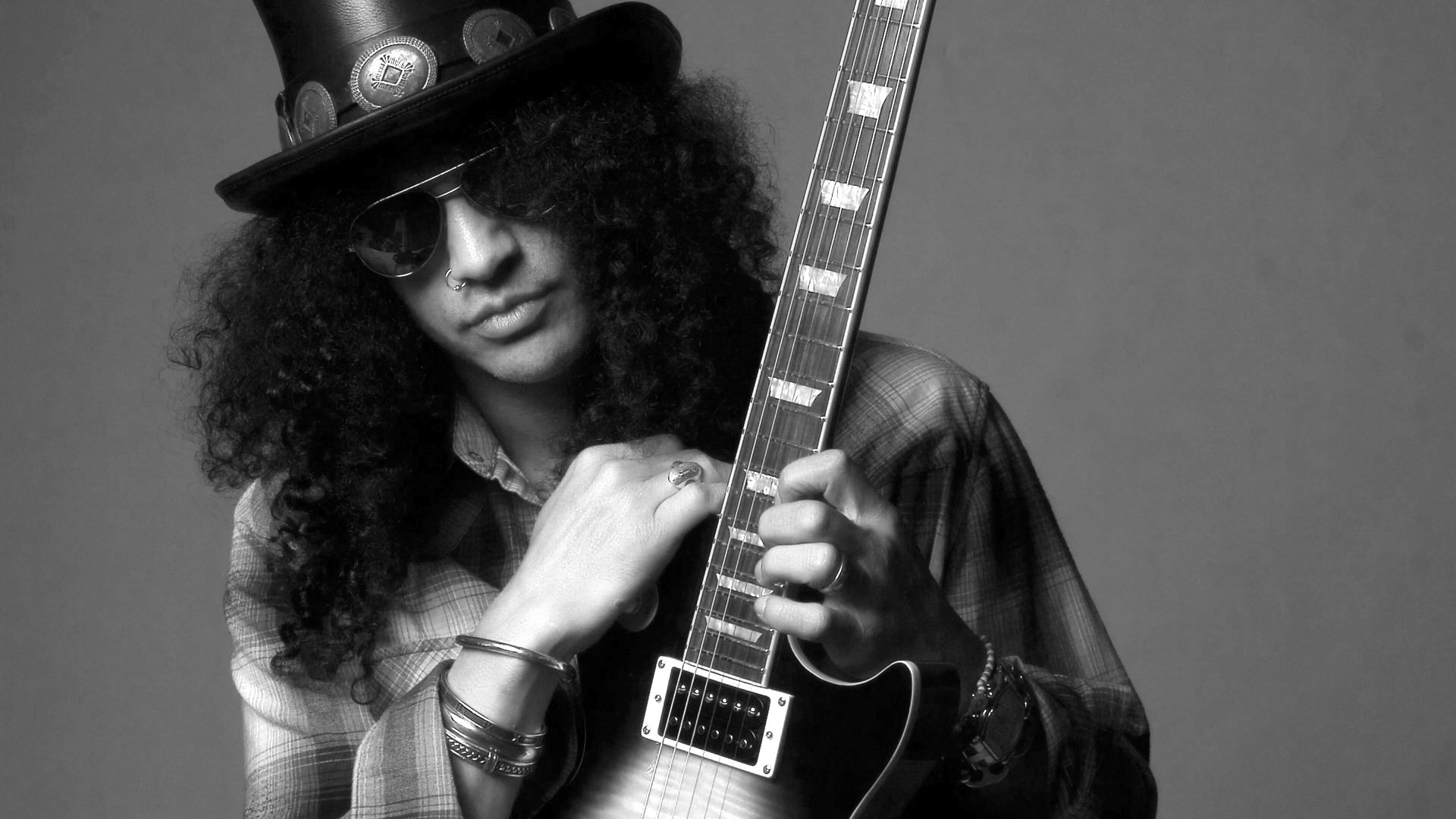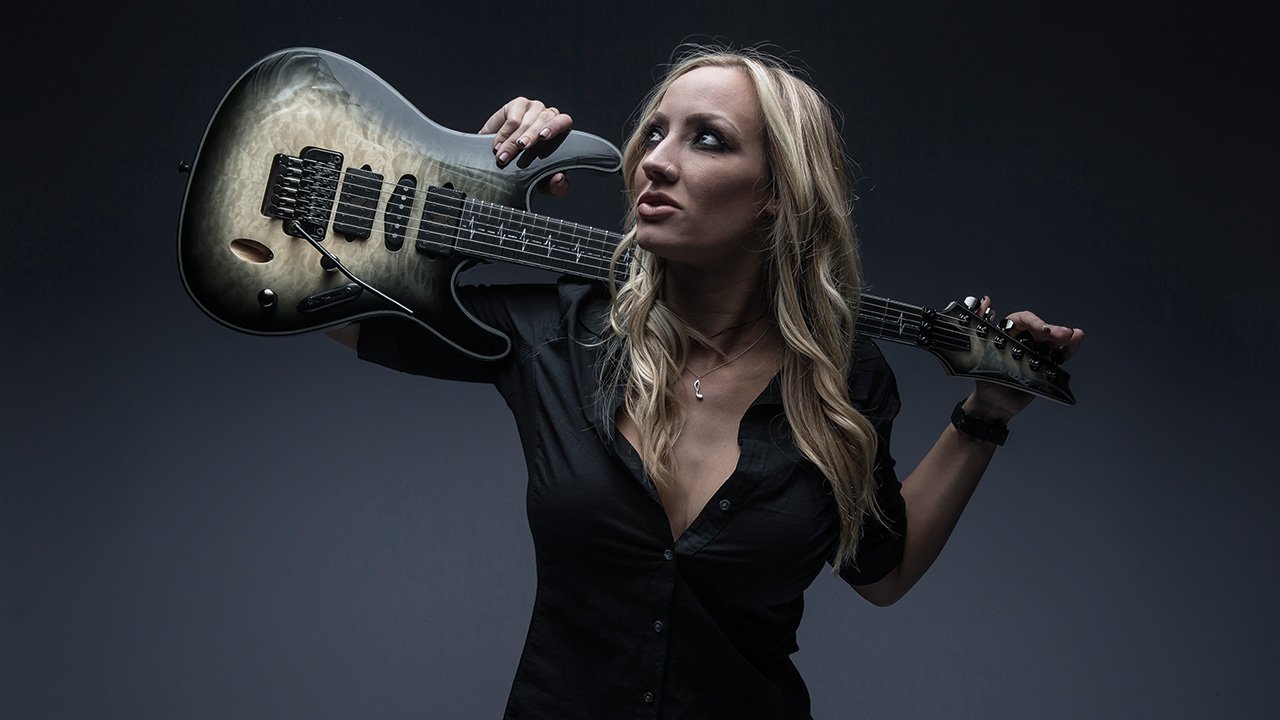GS: The title of your album is ‘ A Vision In The Dark’ Could you tell me how you chose this title?
K: “A Vision In The Dark” is a lyric from the final track on the album “The Bluest You”. We had a couple of different working titles, but we eventually settled on this as we felt that it best described the light and dark themes of the album.
GS: How would you describe the album to someone who hasn’t heard it before?
K: Melodic, happy, sad, dreamy, full of harmonies. It’s for fans of Wilco, The Smiths, Prefab Sprout, The Go Betweens, The National, The Cure...we have a lot of influences, this list could go on for days.
GS: Was there any particular idea which you could label as the starting point of the album?
K: We just felt like it was the right time, we’d done a series of singles and EPs and had the tracks together that we thought would work well. There wasn’t exactly one moment, it was more like a decision we made over time - it was something we’d always wanted to do so it made sense.
GS: Would you describe your music as having a psychedelic vibe? If so, why do you think that merging psychedelic music with the theme of love works so well?
K: I’m not sure it’s quite psychedelic but we carry influences from bands that you could label as such. Instrumentally creating tracks that take you out of yourself and into a dream like state is certainly something we prioritize.
GS: Are you often thinking, when composing your music, how you’ll perform it on stage?
K: Sometimes yeah, but we’re trying to move away from that for the second album. It’s important to work on what’s best for the track and not worry about the live performance so much. They are becoming two separate cases for us. I think any band starting out probably has a higher emphasis on live performances and the first album is usually what you’ve been gigging up to that point.
GS: Is there a particular place you go to write songs, or do you have a particular routine when composing?
K: For this album typically I would write an instrumental demo which I send to Lance to complete the vocal melody and lyrics. However once we’re all together rehearsing we will rework anything that perhaps doesn’t lend well to a live performance or anything that can be improved. Sophie really helps with the harmony arrangement and Ash rewrites the drum parts. I think for the next album it will be even more collaborative.
GS: Your music videos suggest that you guys travel a lot together, does this give you inspiration?
K: Traveling together is a huge part of being in a band, we’re lucky to have played a lot of different places over the last few years and done a lot of traveling - we haven’t any bust ups either which is pretty good going.
GS: How did it feel to get an invitation from Robert Smith, from The Cure, to play his Meltdown Festival?
K: It was amazing to be asked to play Robert Smith’s Meltdown. We have to thank our pals The Joy Formidable for putting us forward for that as we’re all big fans of The Cure, so it was a special feeling to know he’d listened to our music and given us the green light. He left us a note in our dressing room thanking us for playing, Soph has it on her fridge.
GS: Which instrument, if any, would you say your music is centred around?
K: Guitar
GS: You’ve been releasing music for over seven years, how do you think you have evolved as a band in that time?
K: Probably the biggest evolution has been in getting to our current line-up, we’ve had some great Kidsmoke members over the years but this is definitely our strongest team. Like the Manchester United 1999 treble-winning kind of team..
GS: Finally, where do you go now as a band?
K: Our plans for this year have been quite drastically affected by the pandemic, but we still managed to get our album out as planned (via Libertino Records) and we’re using the time at home to get writing again for album number 2. Things are still up in the air with touring at the moment, but we are looking forward to playing some shows again once it’s safe to do so.
Take a listen to the latest single Layla’s Love by Kidsmoke here.

















